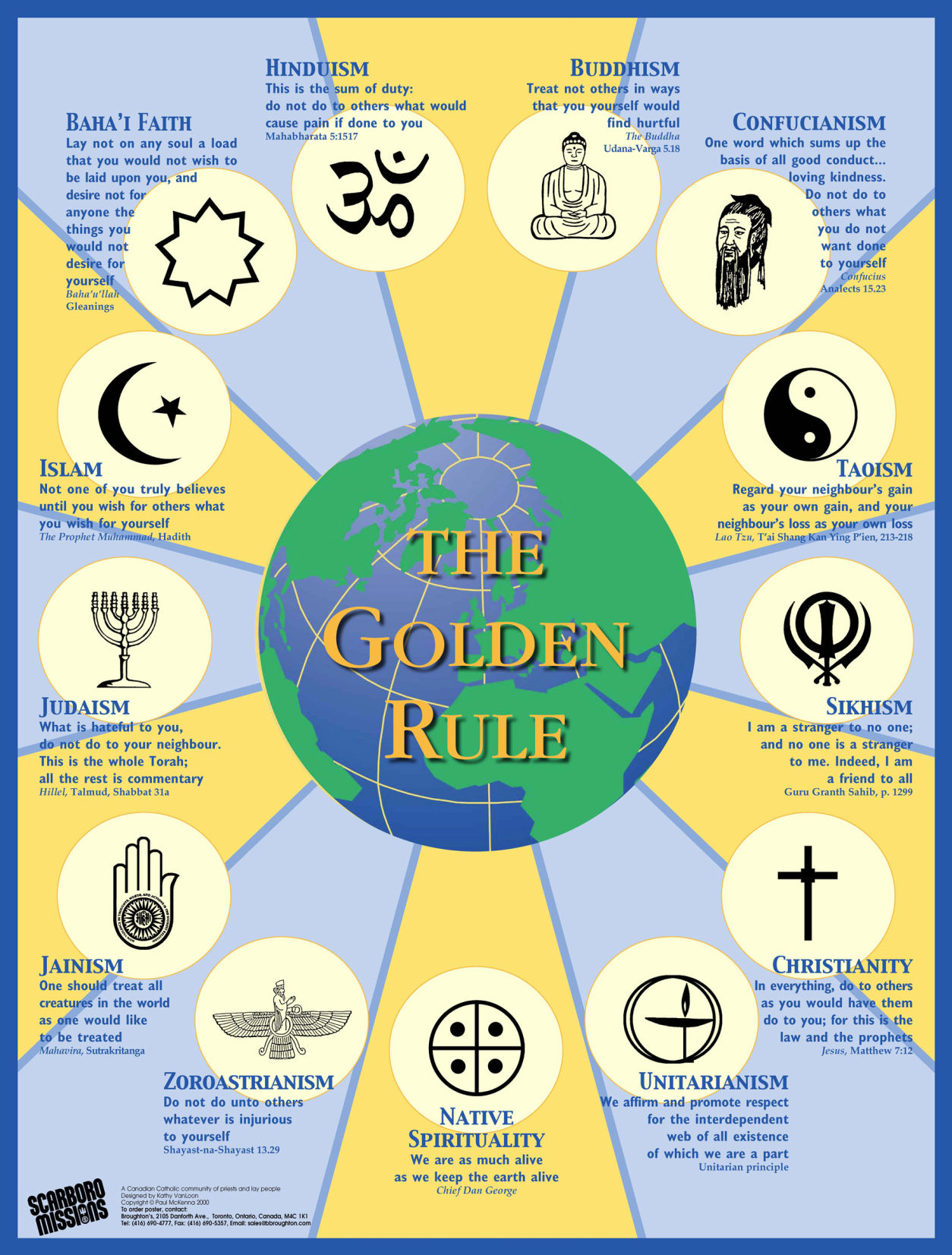By Rabbi Adam Feldman
In the classic Jewish text from the earliest centuries of the Common Era, a story is told about the earliest rabbis — Hillel and Shammai.
A man approaches each of them with the request to teach the individual all of the laws of the Torah while he stands on one foot. Shammai, who has no patience for this request and clearly feels that if the individual does not have the time to take this learning more seriously, rejects the man and sends him away without any lesson and without any wisdom.
Hillel takes a very different approach. Hillel teaches the man,“Whatever is despicable to you, do not do to anyone else. All the rest of the Torah is commentary. Now go and learn it.”
What a remarkable statement. Whether we understand the statement in the language of not doing harmful things to others or rather that we should always strive to do positive things for others, we see that there is great religious wisdom to influence how we treat the people in our lives.
Jewish law can be divided into two different categories — religious law and ethical laws — and our sages and our teachings have a great deal to say about both. I have often stated in my congregation, that God cares as much about how I treat you as God cares about how I treat God.
We also take great pride in knowing that other religious traditions have a similar feeling about this, which is why so many traditions refer to this as “The Golden Rule.” God can survive without my prayers and religious observance but I am not sure our world will survive if we are not good to one another. God understands that and therefore cares so much about how we treat one another.
There is a Biblical origin to this concept that can be found in the Book of Leviticus 19:18 – “You shall not take vengeance or bear a grudge against your kinsfolk. Love your neighbor as yourself: I am the LORD.”
Jewish scholars often refer to this section of Leviticus as the Holiness Code, the place that we find so many commandments of how we are to treat others. To live in relationship with other people means to respect them, to share with them, to protect them and of course to love them. This section includes taking care of the less fortunate as well as those who have personal challenges in their lives and can be easily extended to everyone in society. A neighbor can be the person living in the house next to ours, a person who lives on the other side of town or in today’s ever-shrinking world someone living on the other side of the country or even perhaps further away. We can all be neighbors if we have more constant interaction and we can have mutual respect to care for one another with love.
Our Biblical verse provides for us an explanation of why this is so important or perhaps more support of why we need to follow this rule: “I am the Lord.”
Judaism teaches that God cares about our interpersonal relationships and how we treat one another. God wants us to care for each other and not to do harmful things. This may take patience and it may take time, more time than Shammai had to answer the man who questioned him.
I hope and pray that we have the time and the patience and the interest and the strength to follow the Golden Rule, no matter what our religious background and no matter what personal challenges that may lie ahead.
Rabbi Adam Feldman is spiritual leader of the Jewish Center of Princeton

